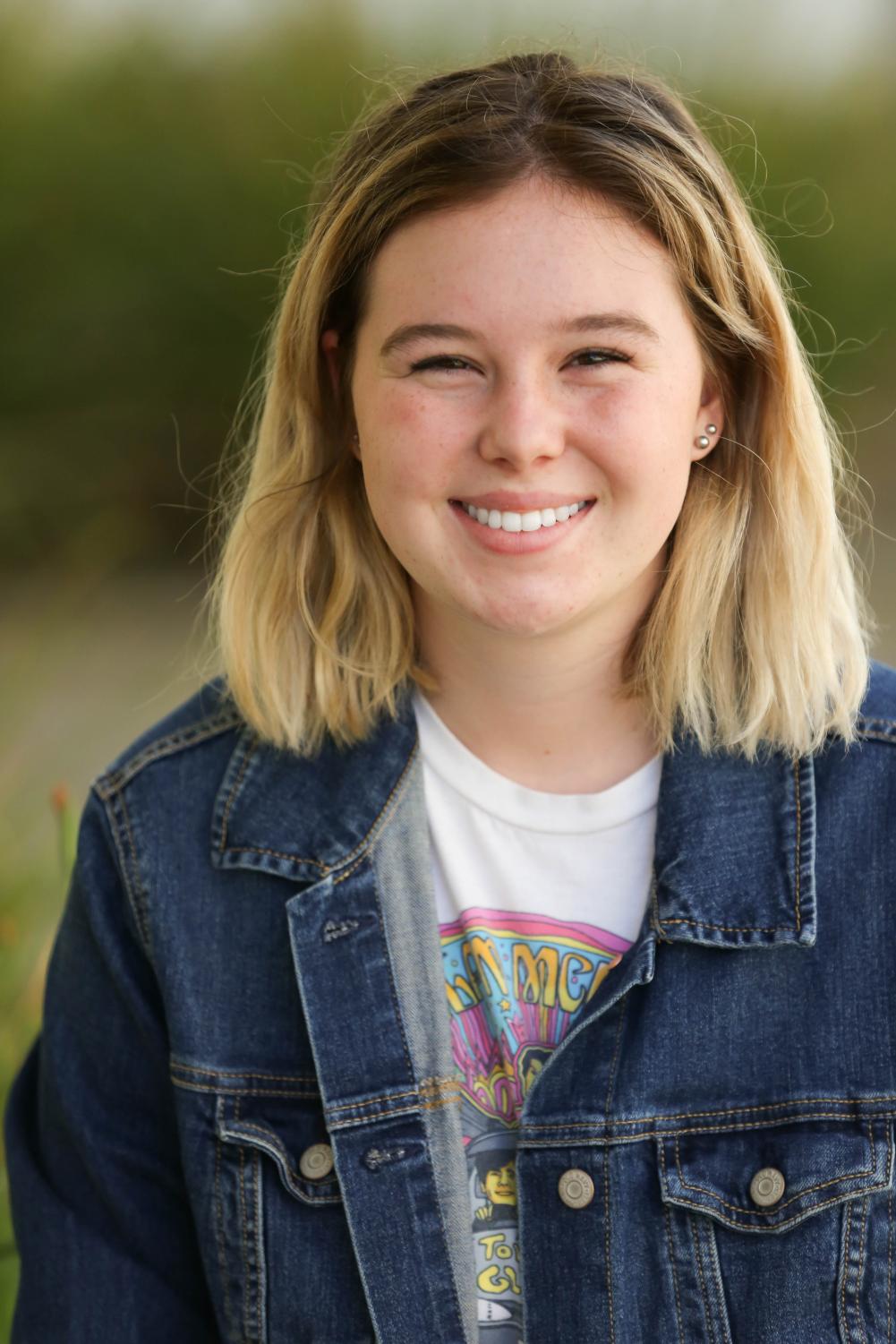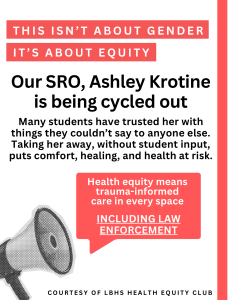A work in progress

In honor of national Mental Health Awareness Month, Brush and Palette writers wish to open up about their personal experiences to promote discussion of various mental health topics that affect our student body.
May 9, 2017
Anorexia. Depression. Two things I never thought would affect me. Words that always seemed to be part of a far-off story—never the reality in front of me.
My days were spent either feeling empty or nitpicking at every problem with my body. My low self-esteem enveloped me, tearing me down, piece by piece, every day. My eyes warped the image reflected back at me from the mirror. I hated every aspect of myself. My flabby arms; my big thighs; my chubby stomach. The list never ended, and things were constantly being added to it. Everything about myself made me miserable.
Starving myself was a seemingly perfect solution. Nothing could go wrong. I could control myself. I never knew that the day I decided I wouldn’t eat lunch would destroy my life. It was the beginning of a long road I didn’t want to be on. My stomach yelling out in hunger was quickly silenced, and I forgot what hunger felt like; it became a normal part of my day. I lost 20 pounds in one month and still didn’t see a difference. What I was doing wasn’t making me feel any better but I couldn’t stop.
Telling my parents that I was sick, depressed, and starving broke me as much as it broke them. It was the moment I accepted the fact that I was not okay. My mask of fake smiles that I had been creating for years shattered in shards around me.
Appointments after appointments were set up, and it consumed my life for a month. I saw support groups, therapists, pediatricians, psychologists, nutritionists and an eating disorder specialist. All these people seemed to have the same questions wired into their brains: “How long has this been going on?” “When do you remember beginning to have negative thoughts about yourself?” I always answered the same way, just like they asked the same questions. I felt very inhuman, like I was just another problem that needed to be fixed.
Although the doctors helped me with my physical health, the mirror still reflects something I hate. My eyes still see the list of wrong things. I still go to an eating disorder clinic once a month, constantly under supervision. It is a constant struggle, and I work every day to get better. I’m working towards that day when I will wake up and love myself—where I can have a smile on my face when looking in the mirror instead of tears in my eyes. I’m waiting for the day when I can believe the words, “You’re beautiful.” I know that day will come.







